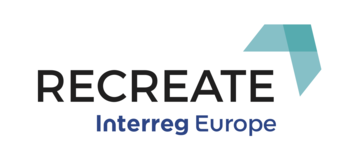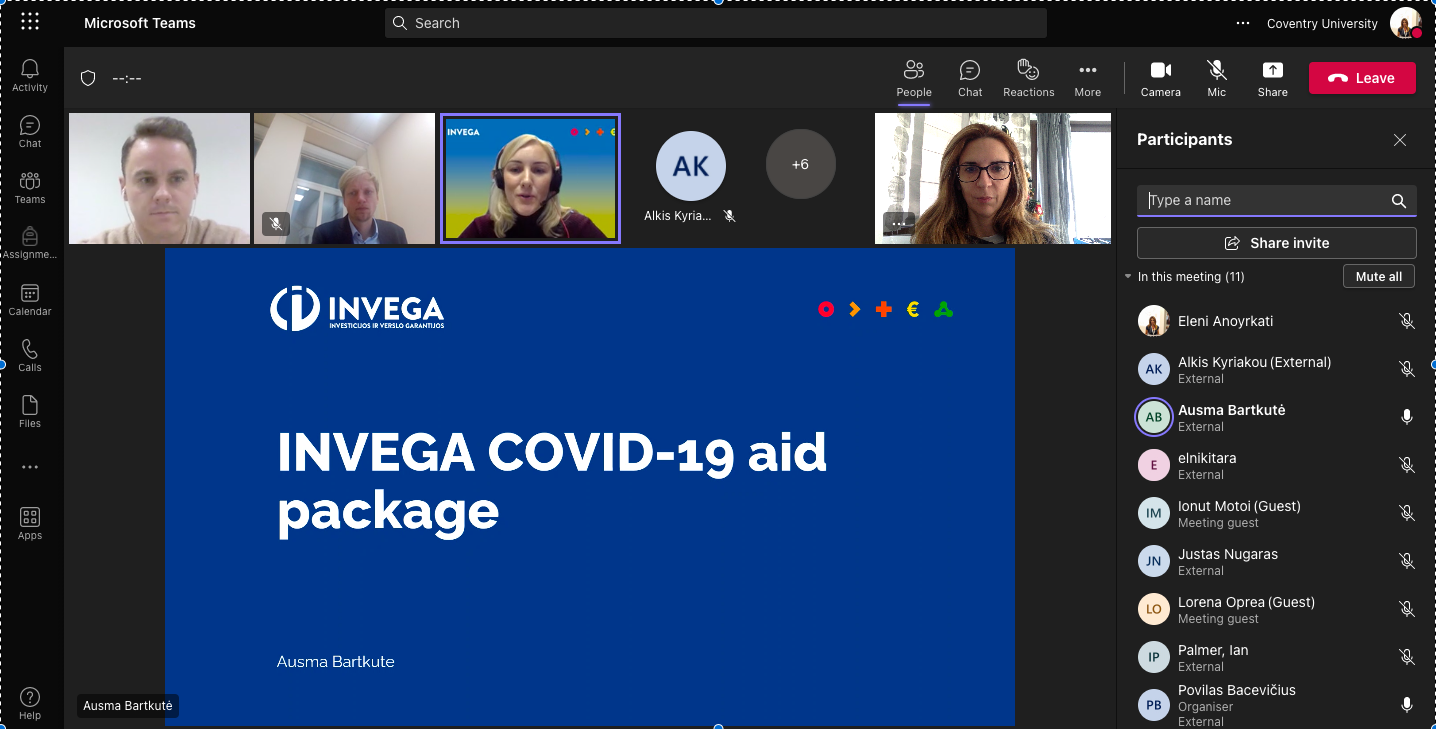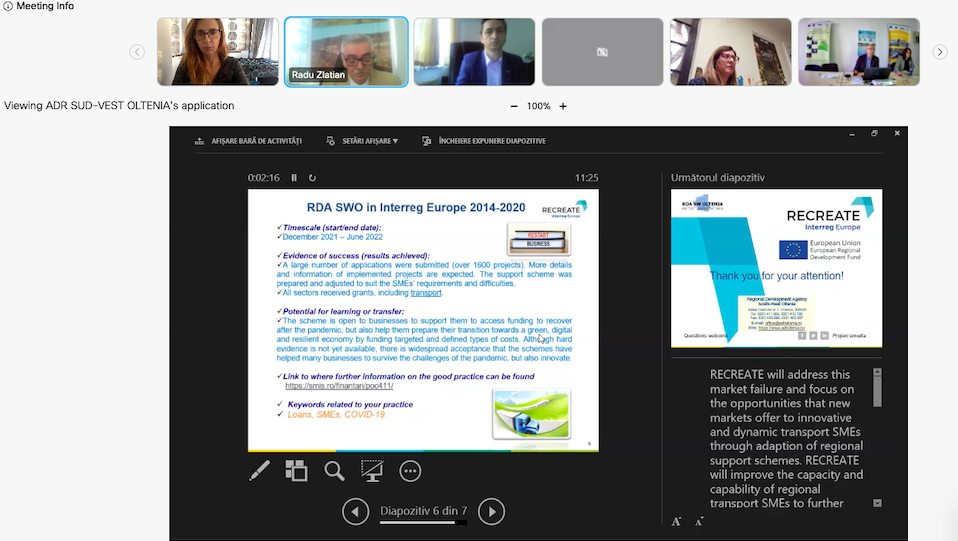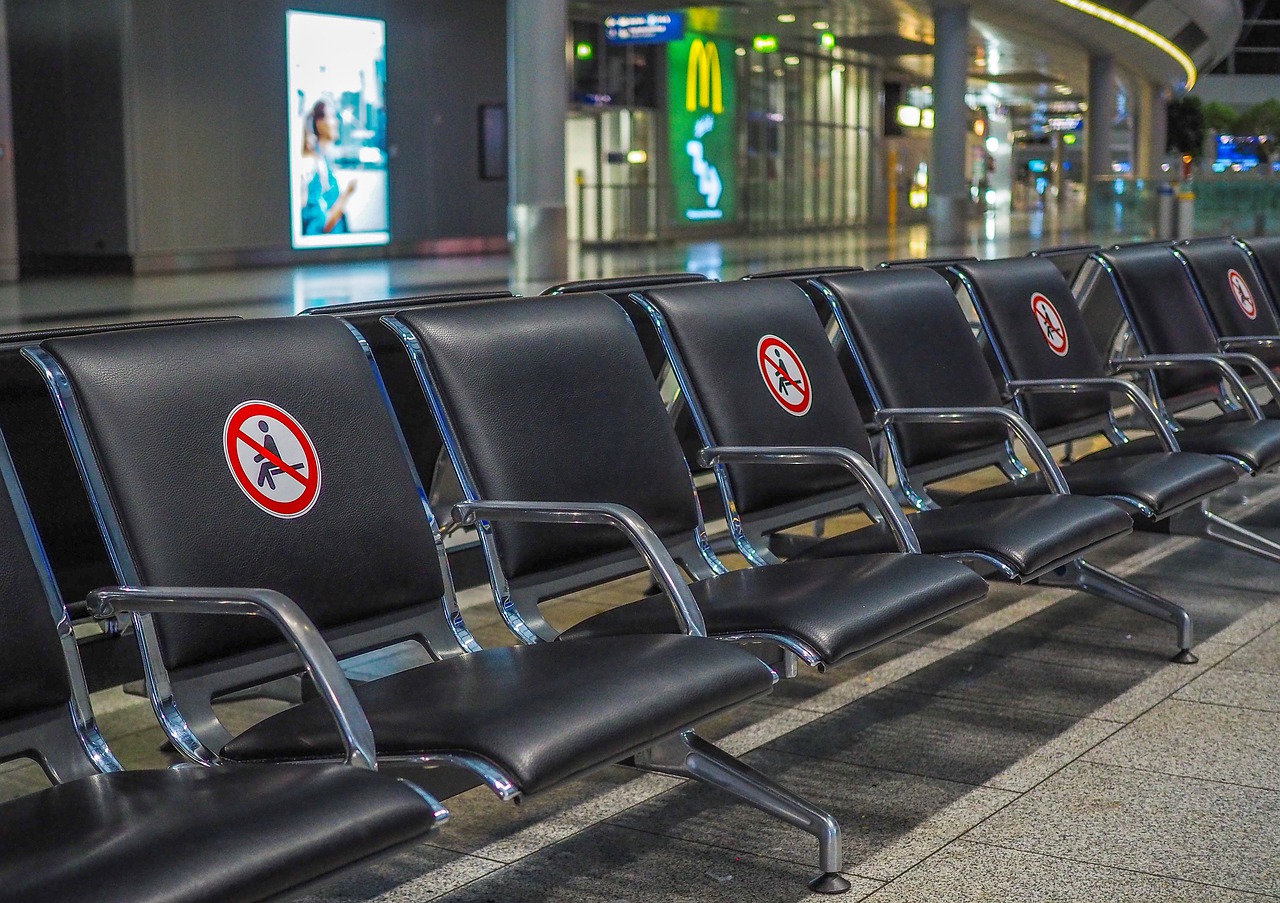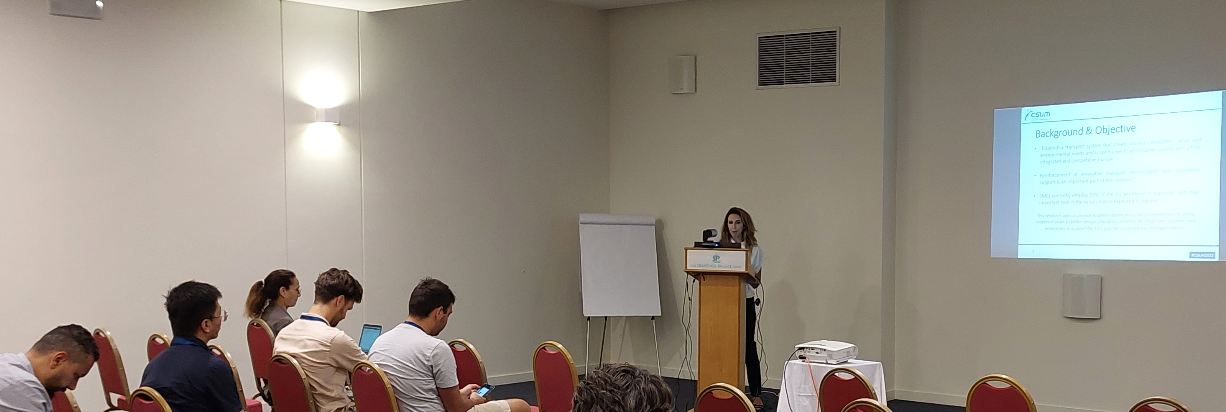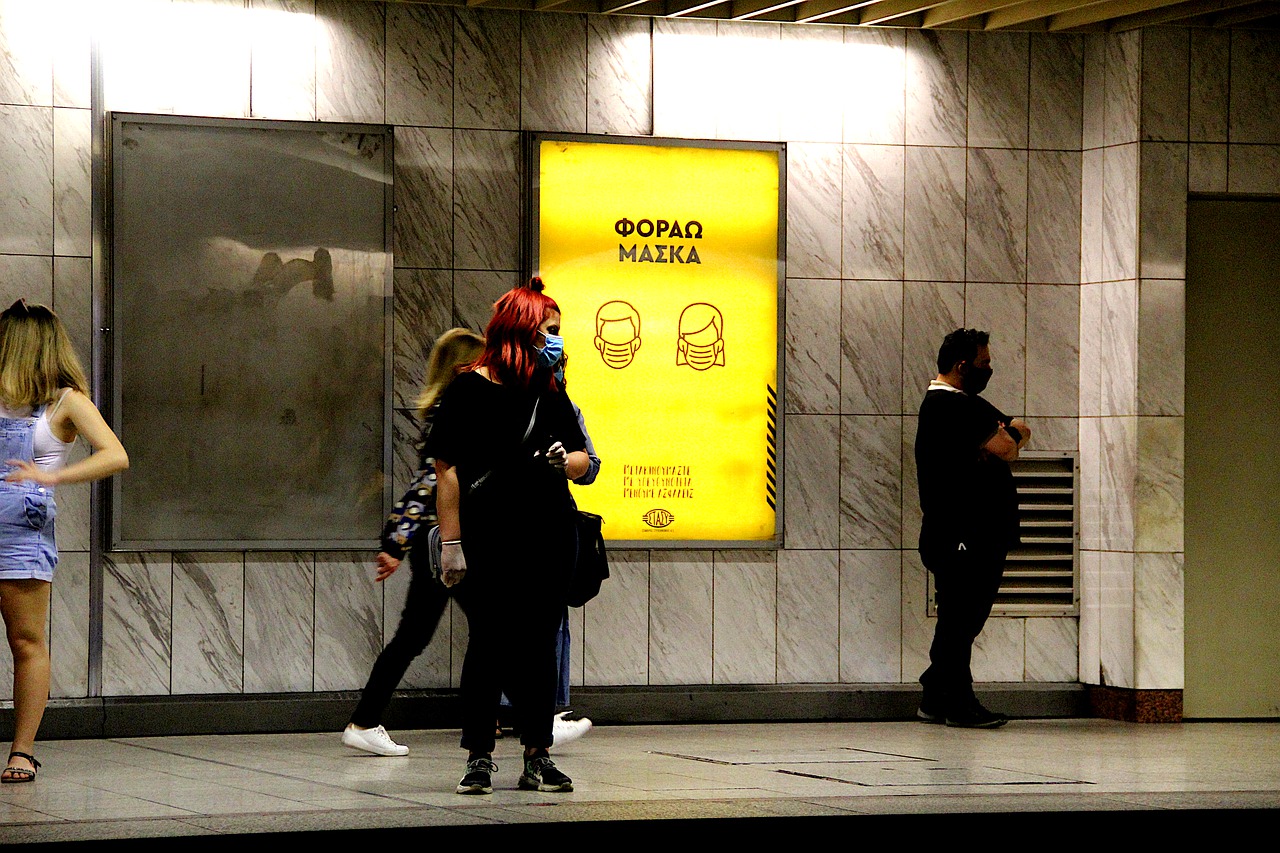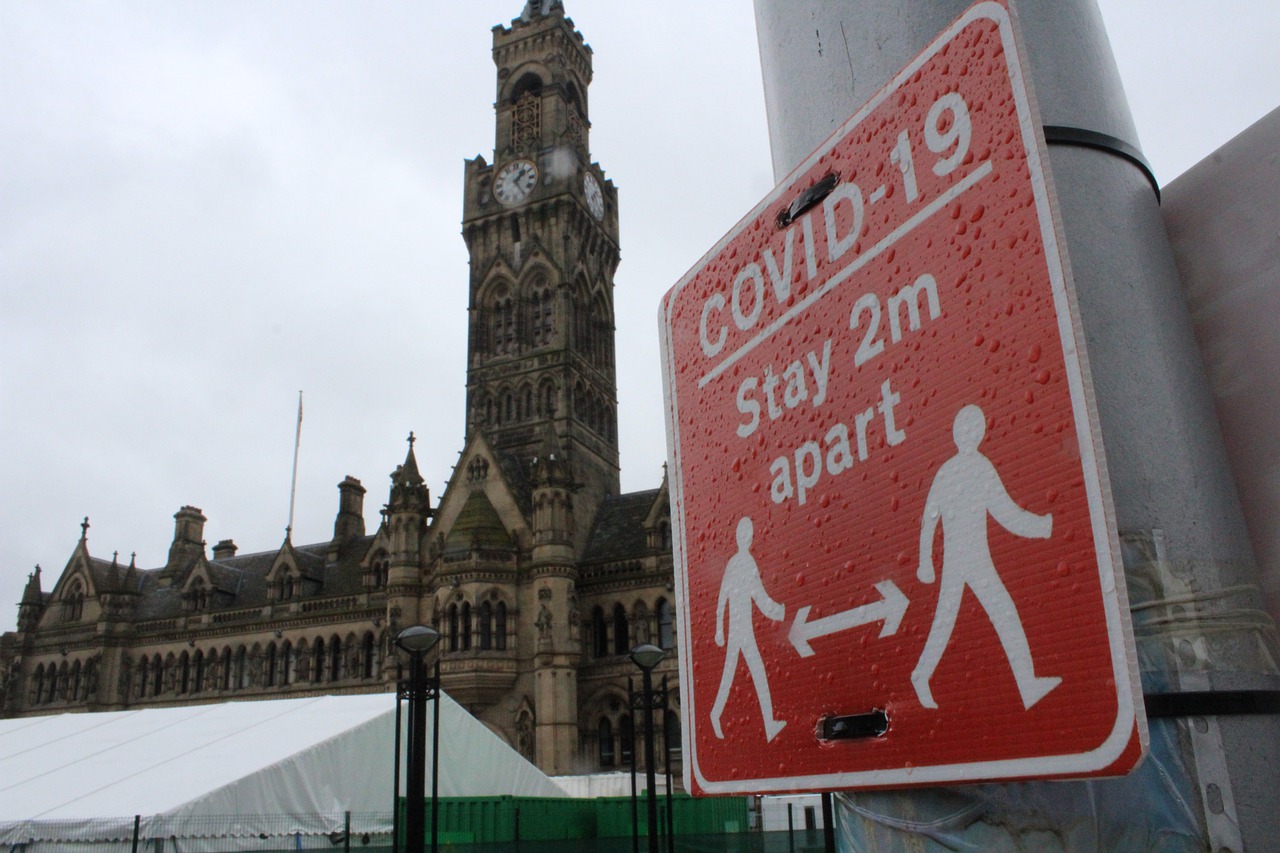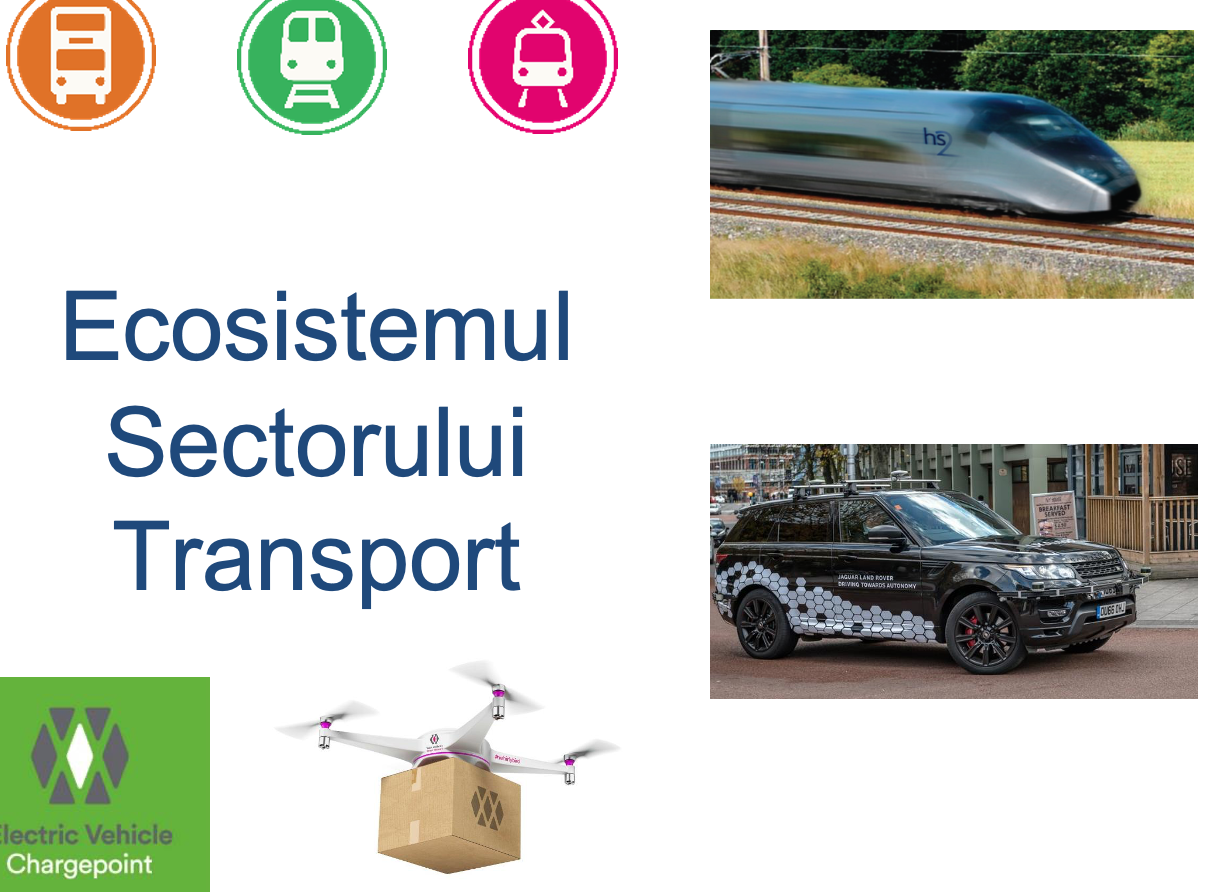In June 2020, the RECREATE Project presented a paper at the Virtual CSUM 2020 – 5th Conference on Sustainable Urban Mobility based on findings generated by the project and this has now been published.
The Conference was organised by the University of Thessaly, Department of Civil Engineering, Traffic, Transportation and Logistics Laboratory. Its main aim was the dissemination of knowledge and the exchange of good practices between researchers and practitioners in urban transportation and this year’s theme was “Advances in Mobility as a Service Systems”.
The RECREATE Project Lead Partner Coventry University Enterprises Ltd submitted a paper titled “Creating smart(er) cities by accelerating innovation in transport Small and Medium Sized enterprises (SMEs): the case of West Midlands region” (authors Eleni Anoyrkati and Alba Avarello), about the status of SMEs in the West Midlands Region of England.
SMEs currently employ 55% of the EU workforce in transport and their important role in the value chain is expected to expand. However, the rigid value chain of the transport sector is preventing the introduction of innovation by SMEs into new vehicles and transport-related products. The paper investigates this market failure at regional level and concentrates on the opportunities that new markets offer to transport SMEs to improve their capacity to further develop and grow, showing the key future success factors that can boost transport innovation in the West Midlands.
The RECREATE Project paper, based on the research conducted within the RECREATE Transport SME Competitiveness report, was accepted and presented at the Conference. It was also recently published within the Conference proceedings in the book series “Advances in Intelligent Systems and Computing” (AISC) by Springer, ISSN: 2194-5357.
The book puts together innovative research and practical findings relating to urban mobility transformation and provides effective strategies and techniques to support it in a sustainable way.
Special attention is given to public transport and demand responsive systems, electromobility, micro mobility and automated vehicles. The book addresses the challenges of the near future, highlighting the importance of knowledge transfer, and it is intended to encourage cooperation among universities, industries and public administration.
